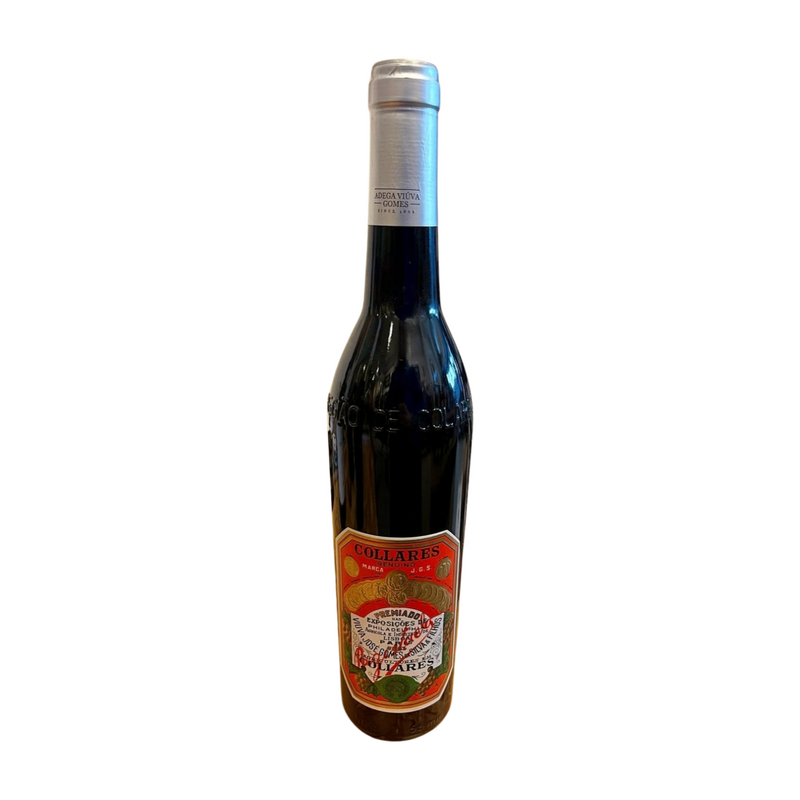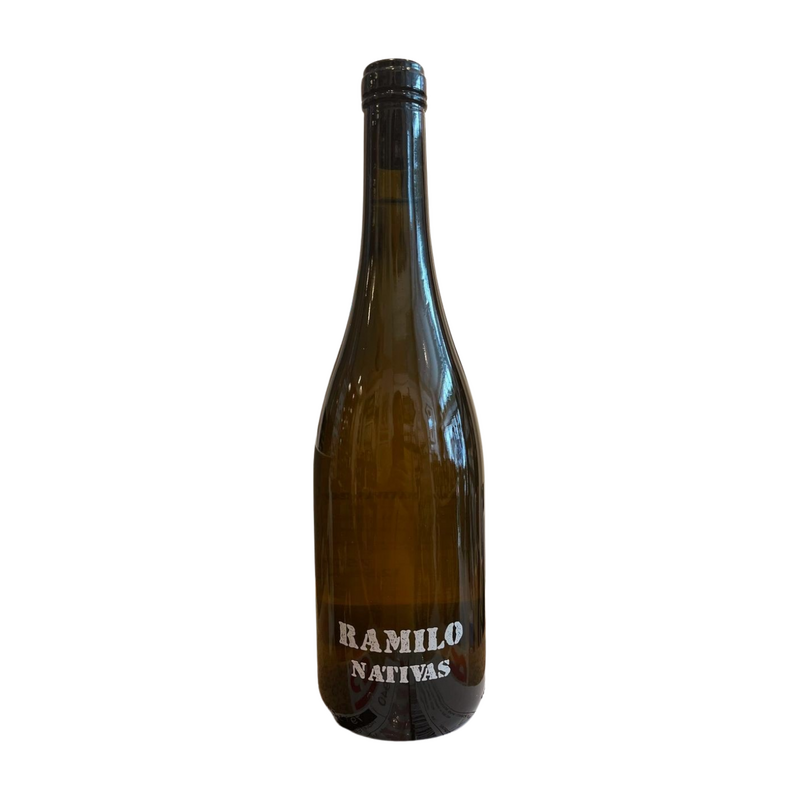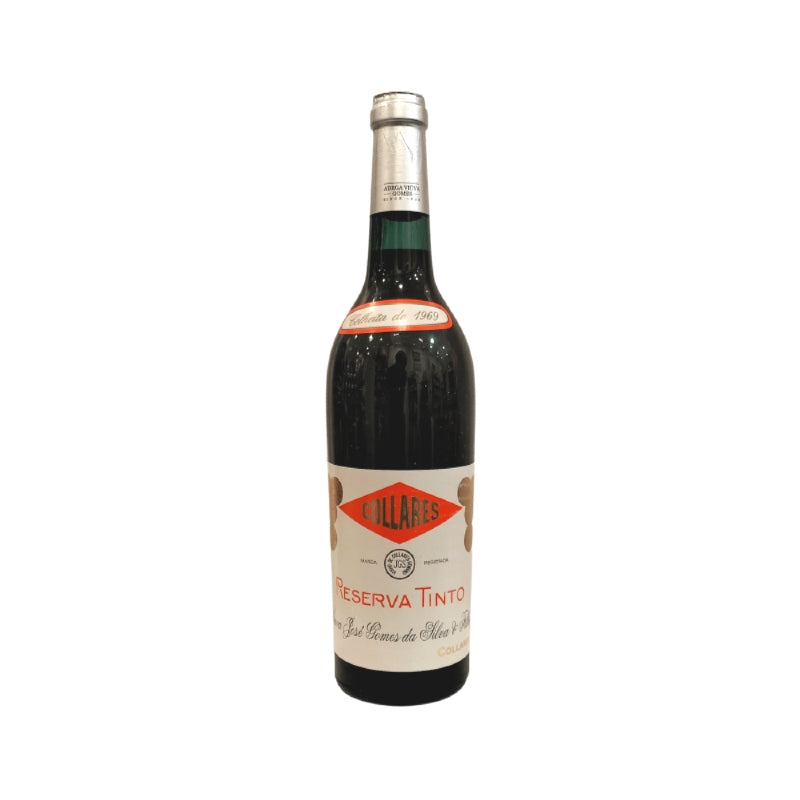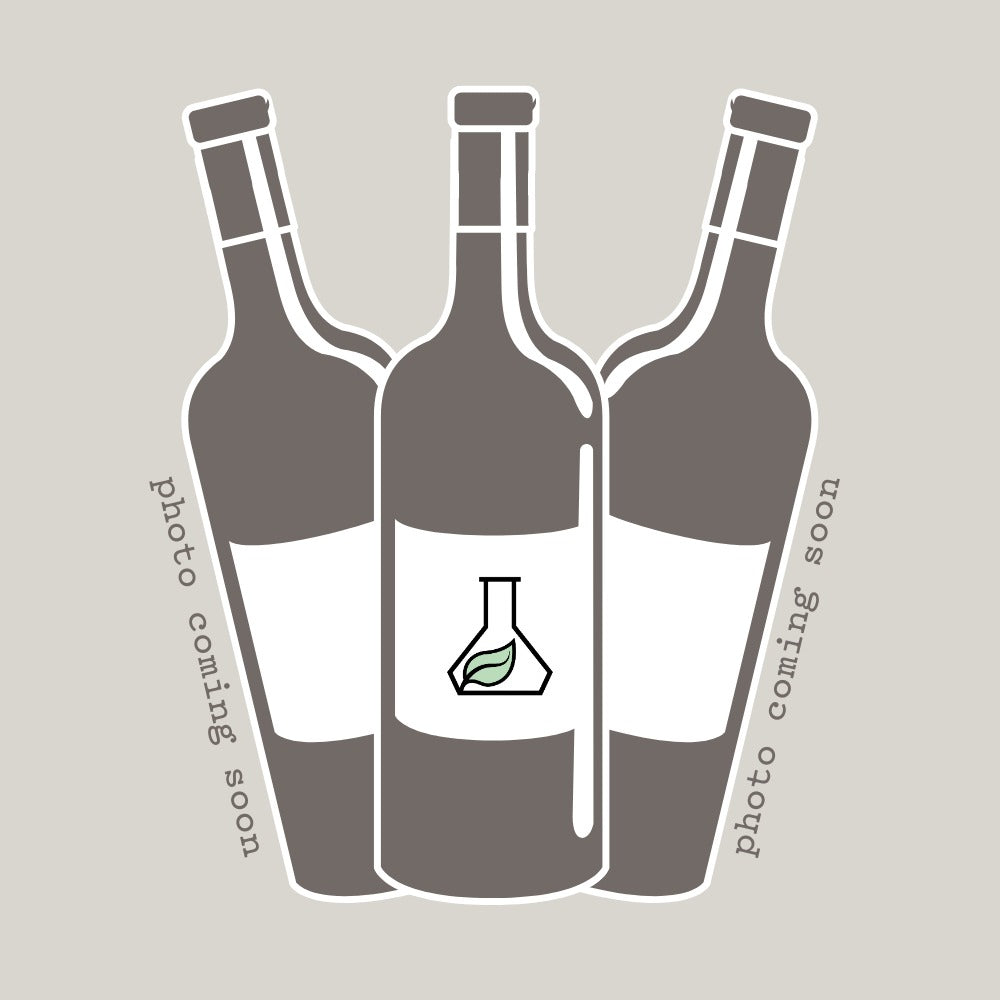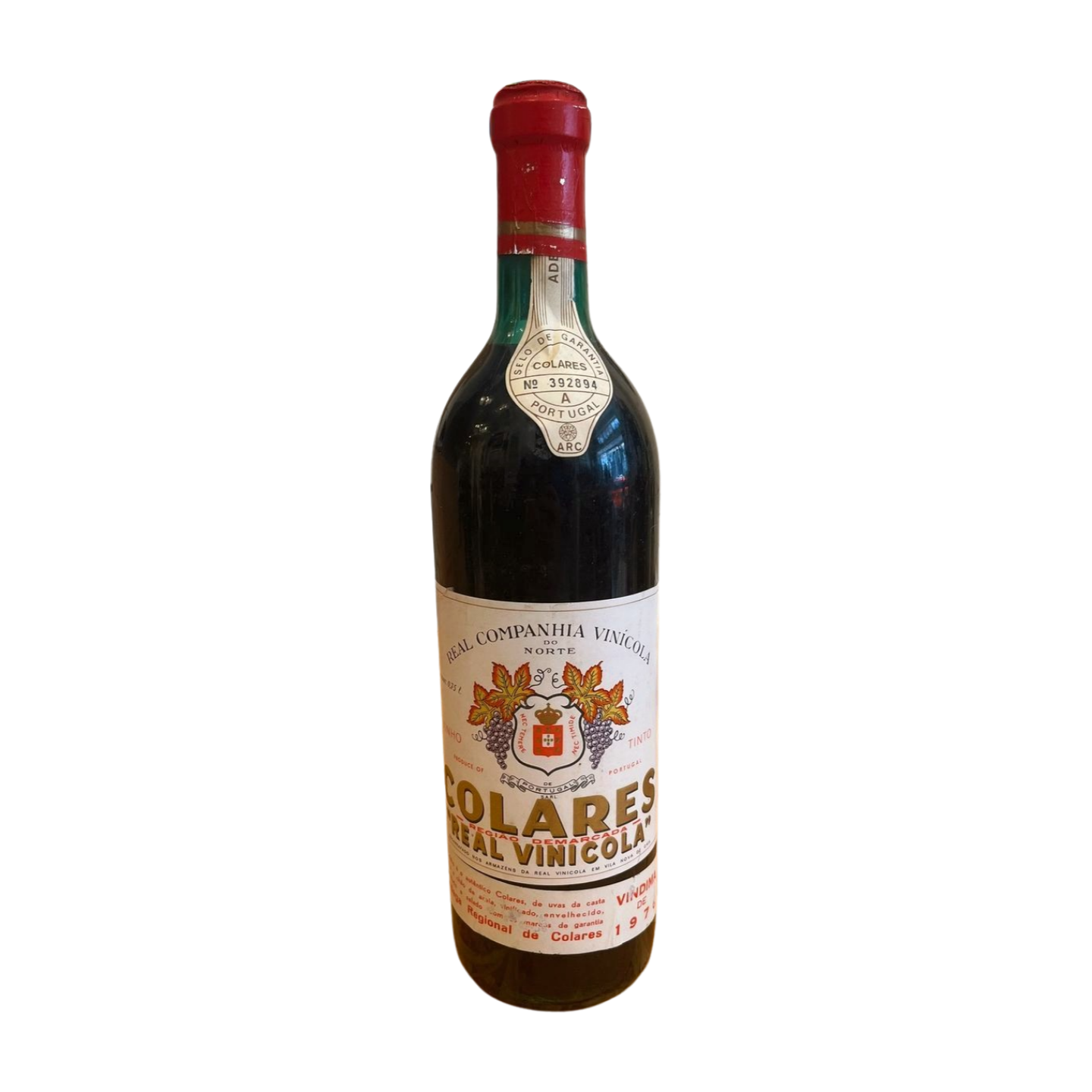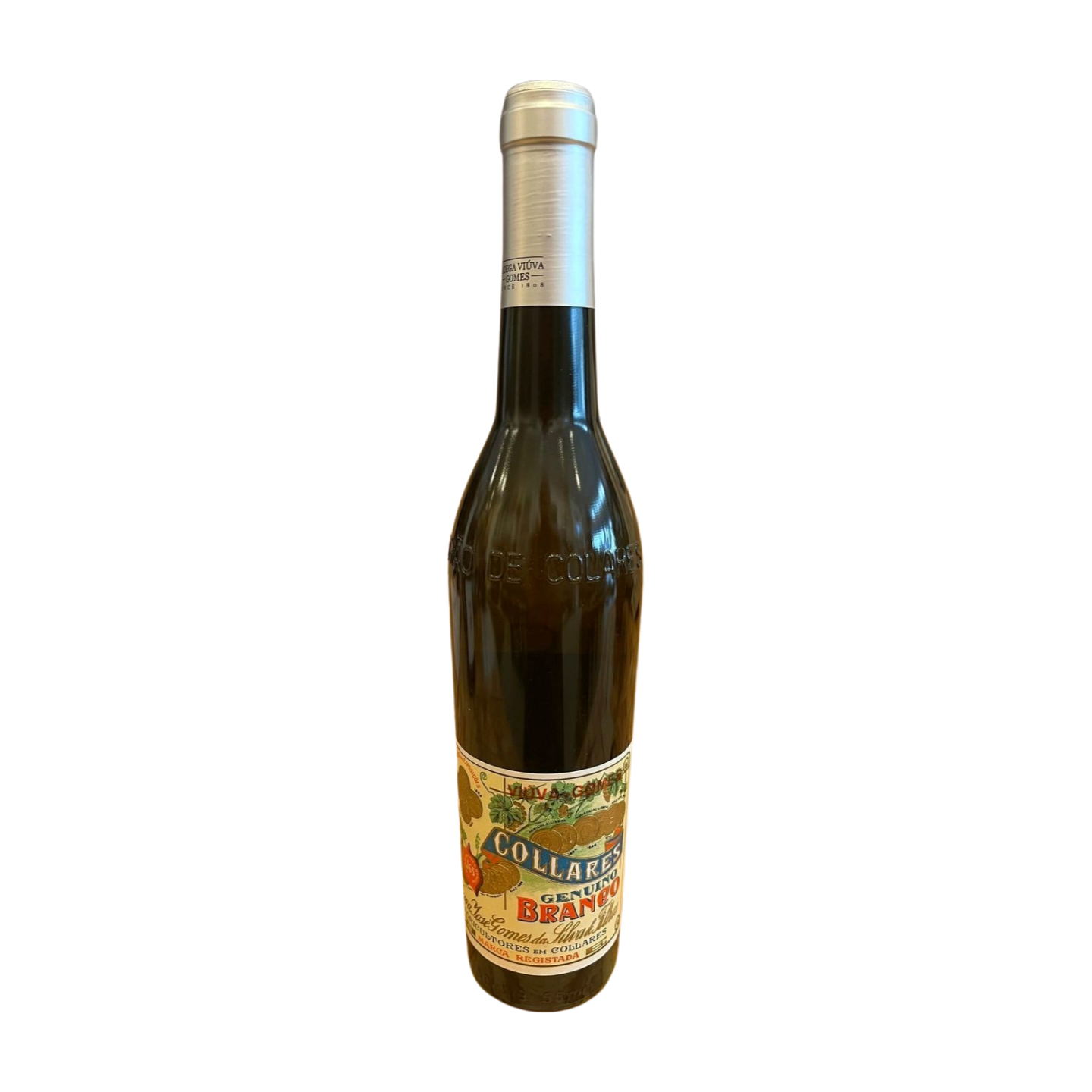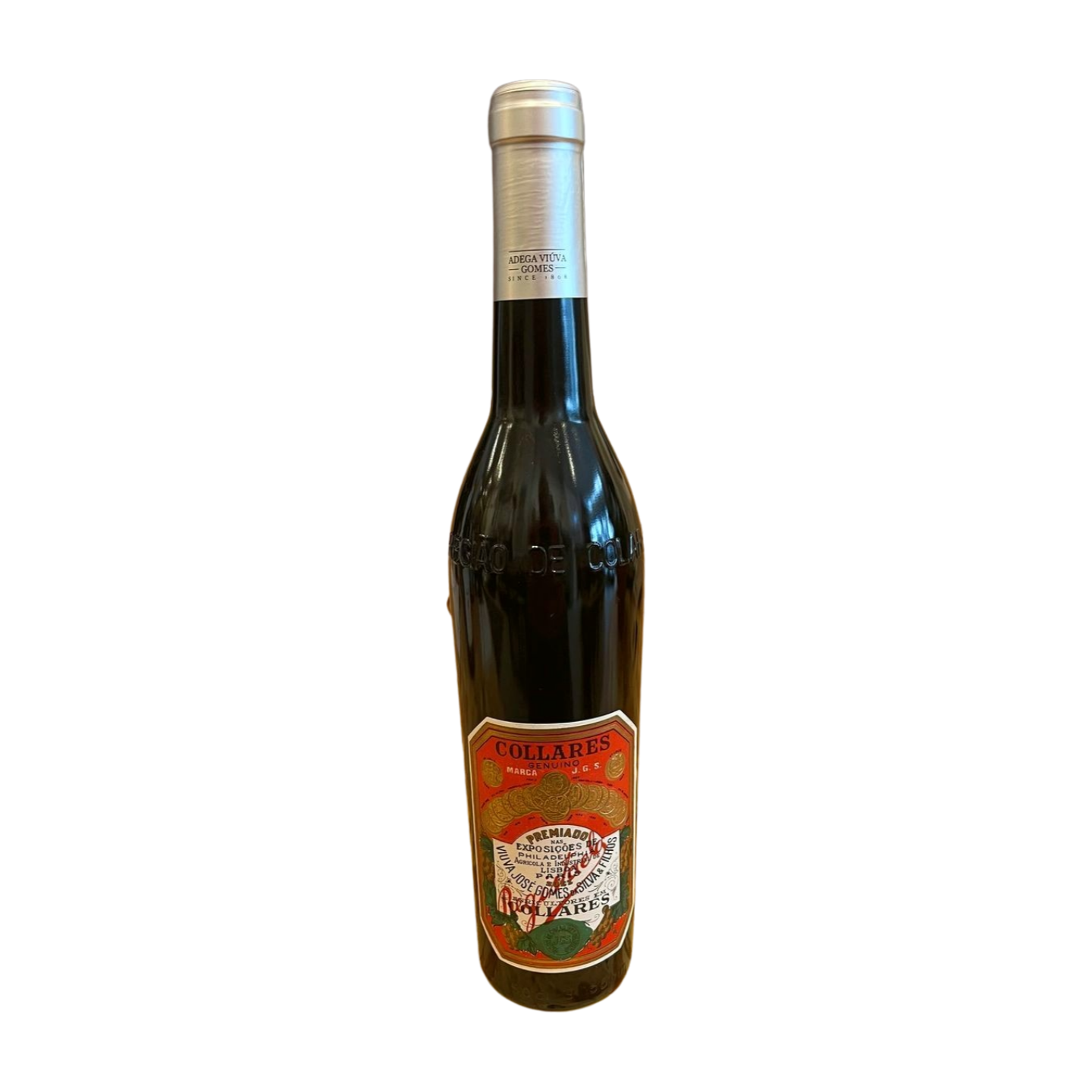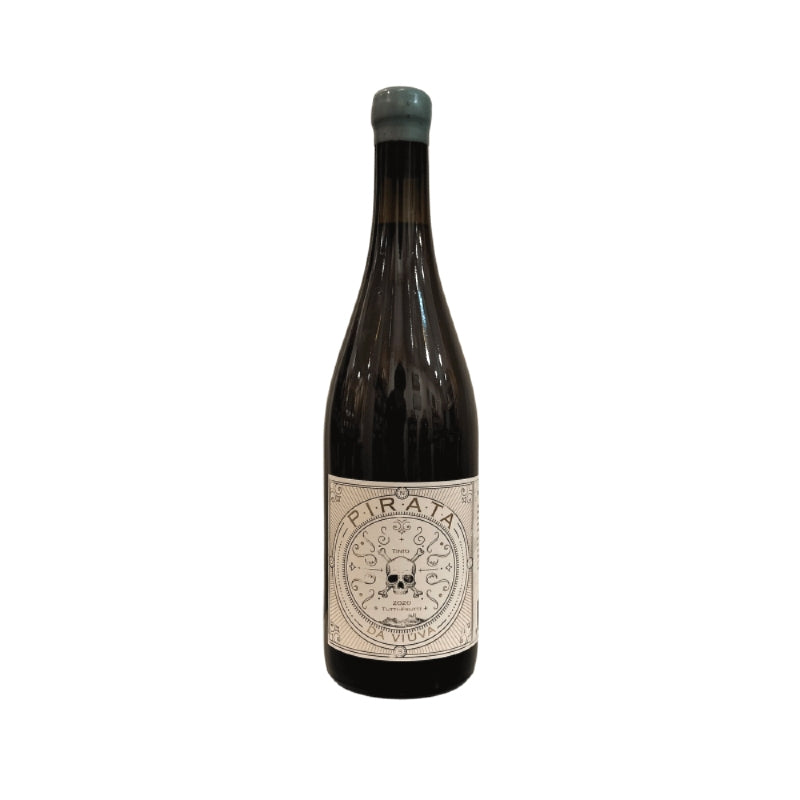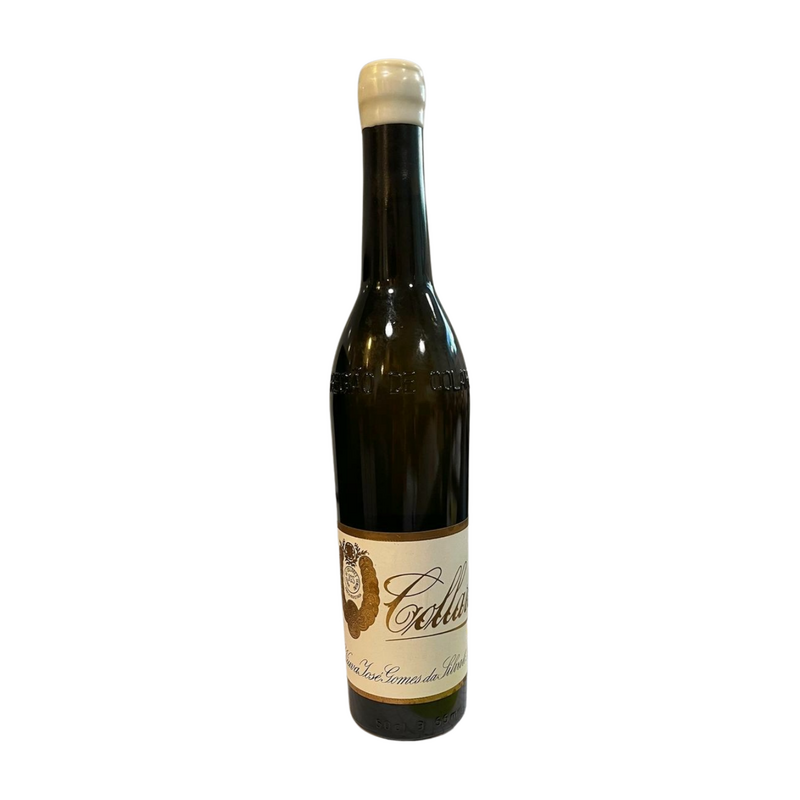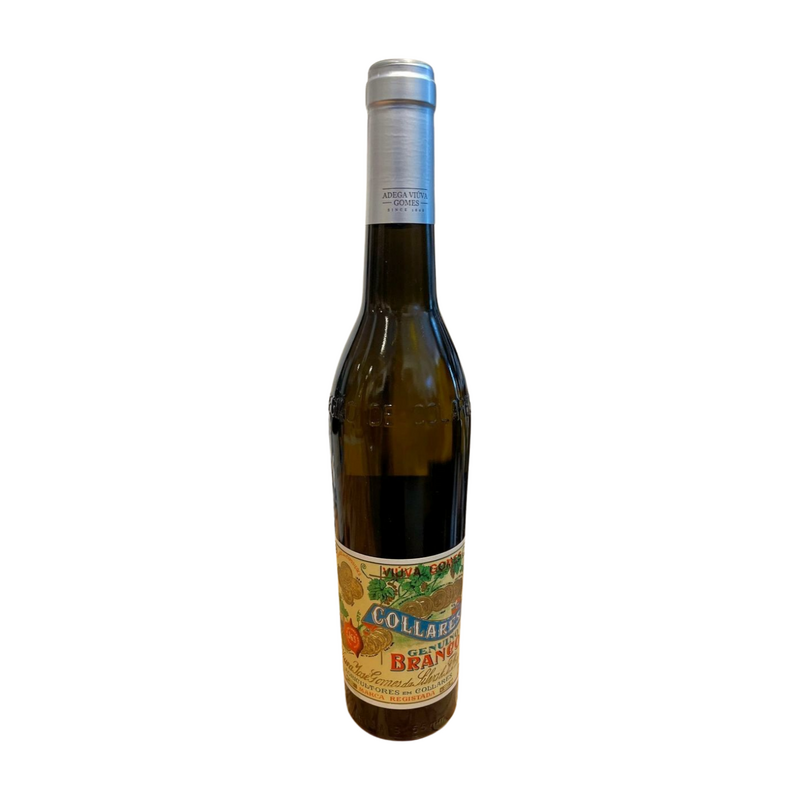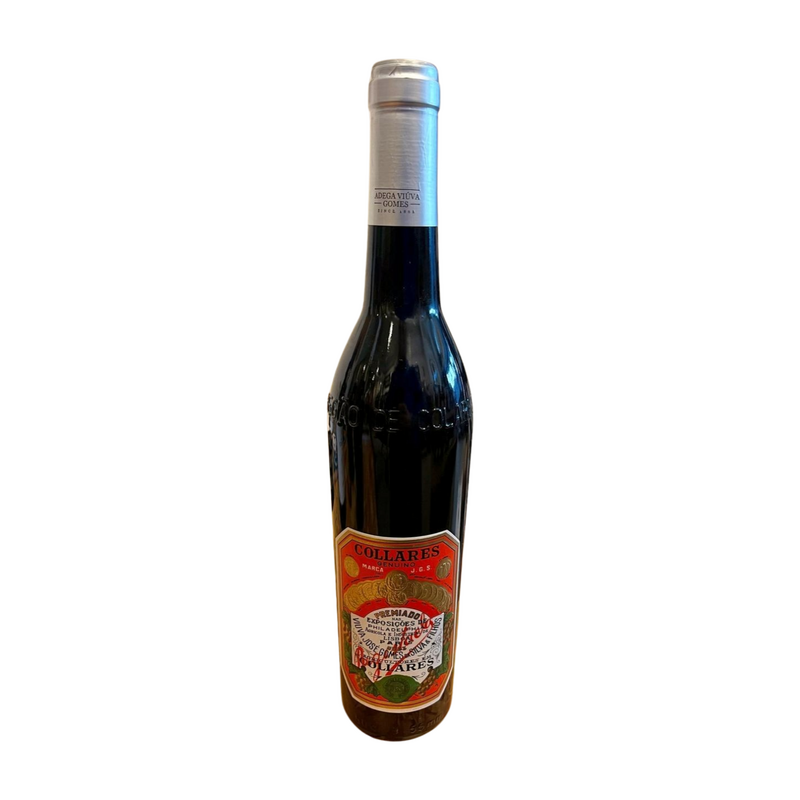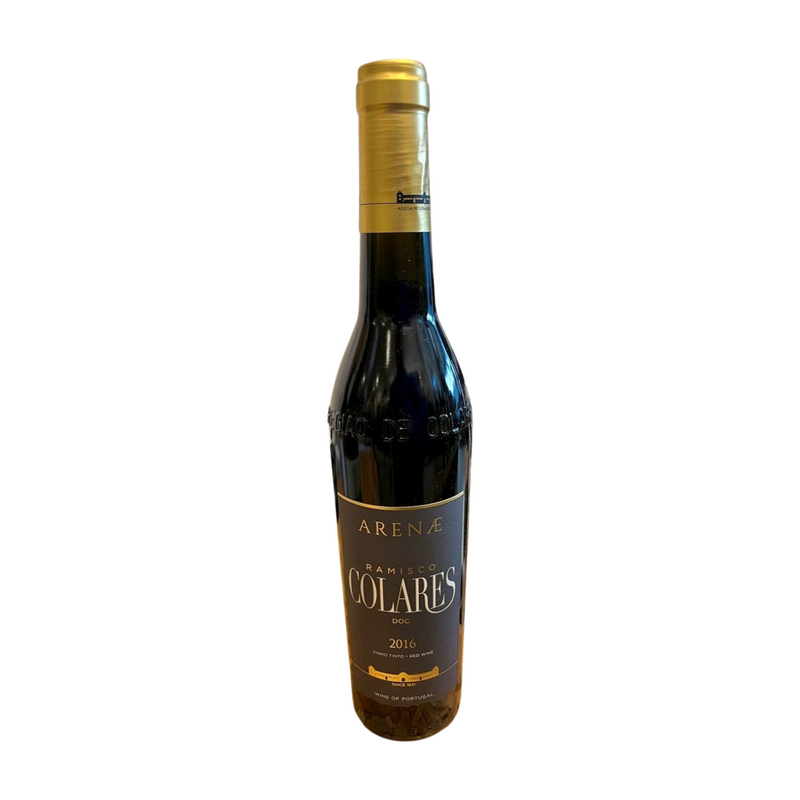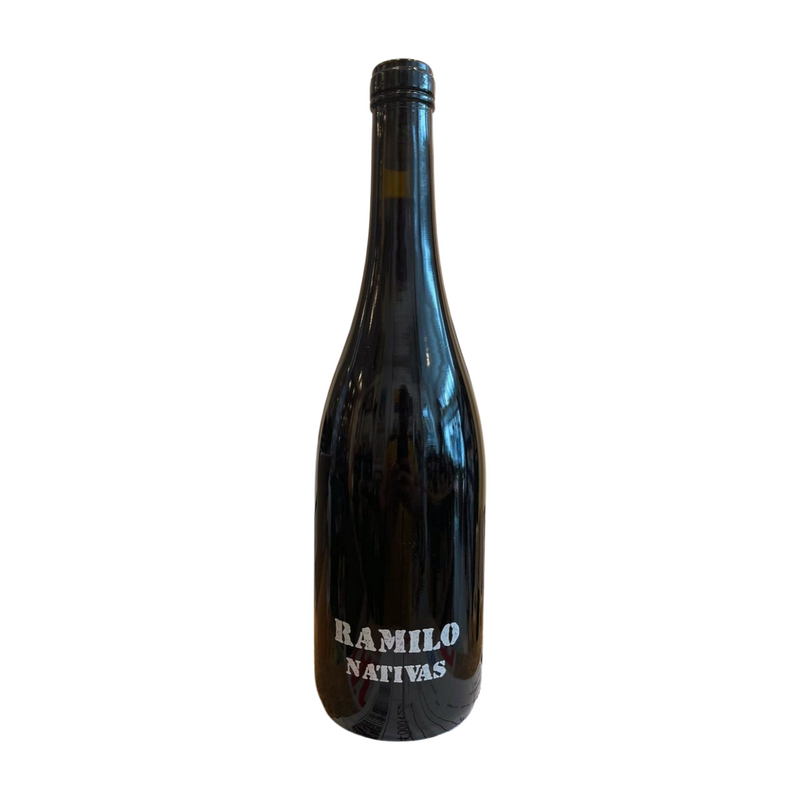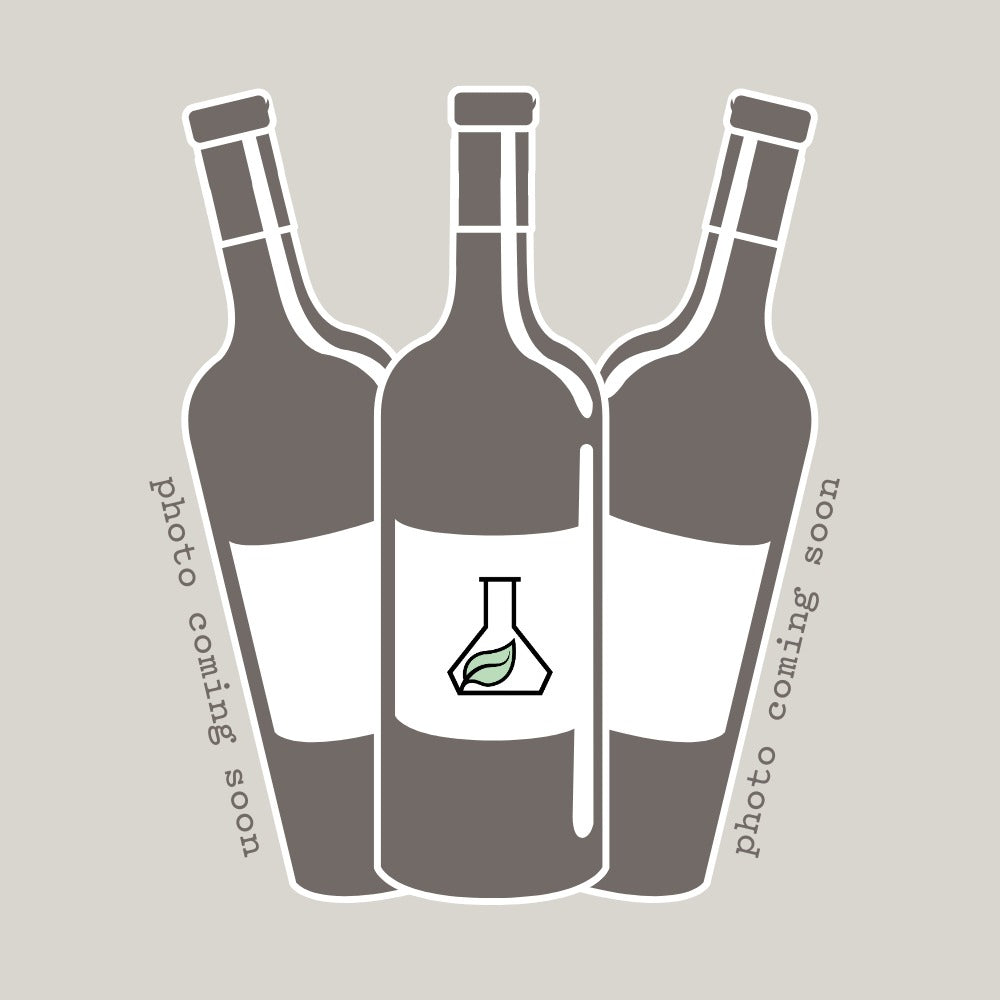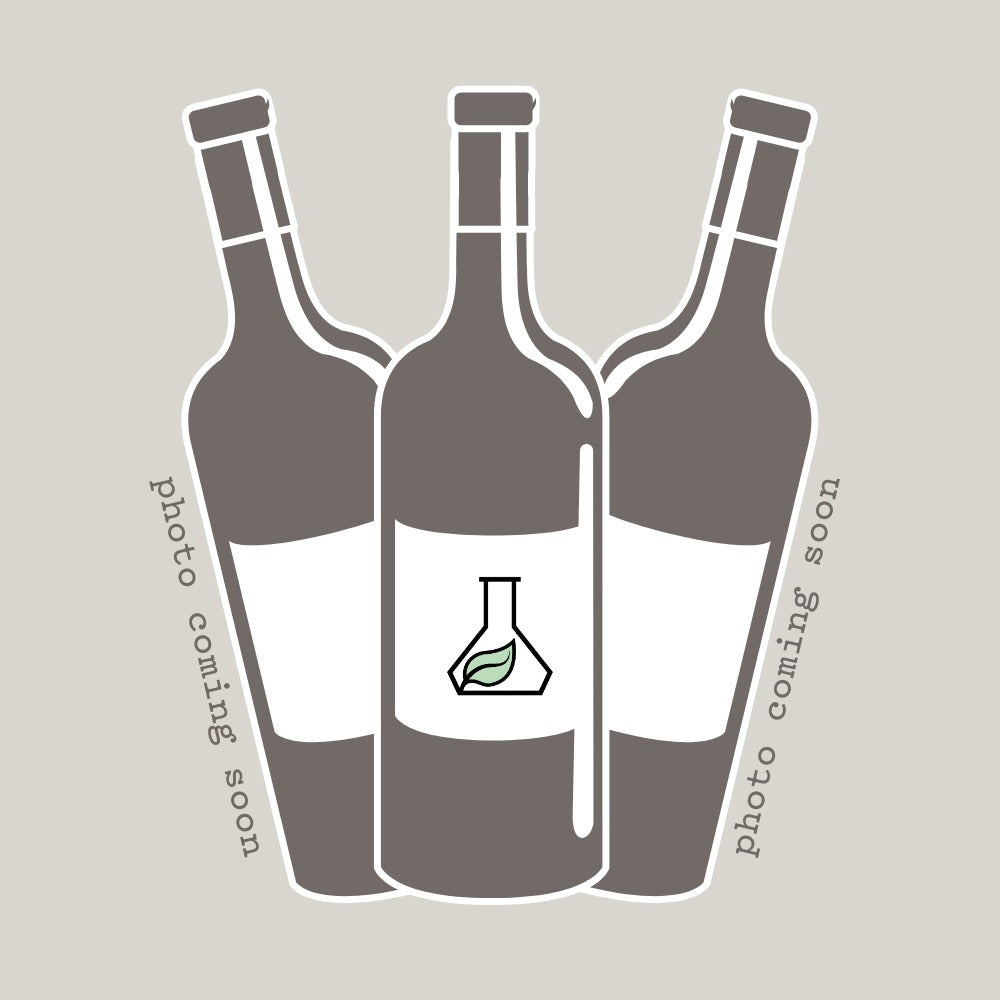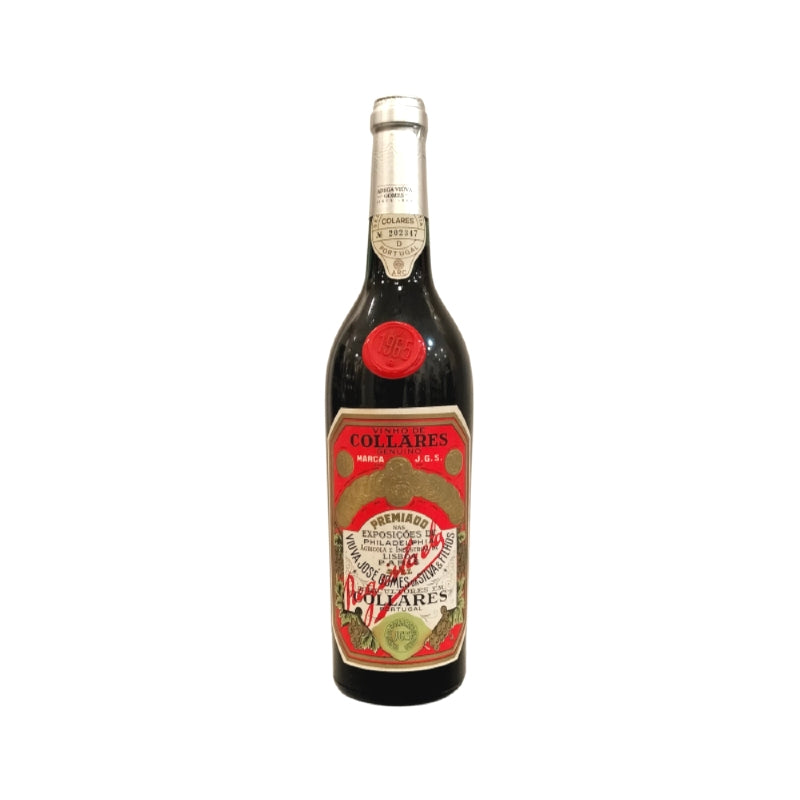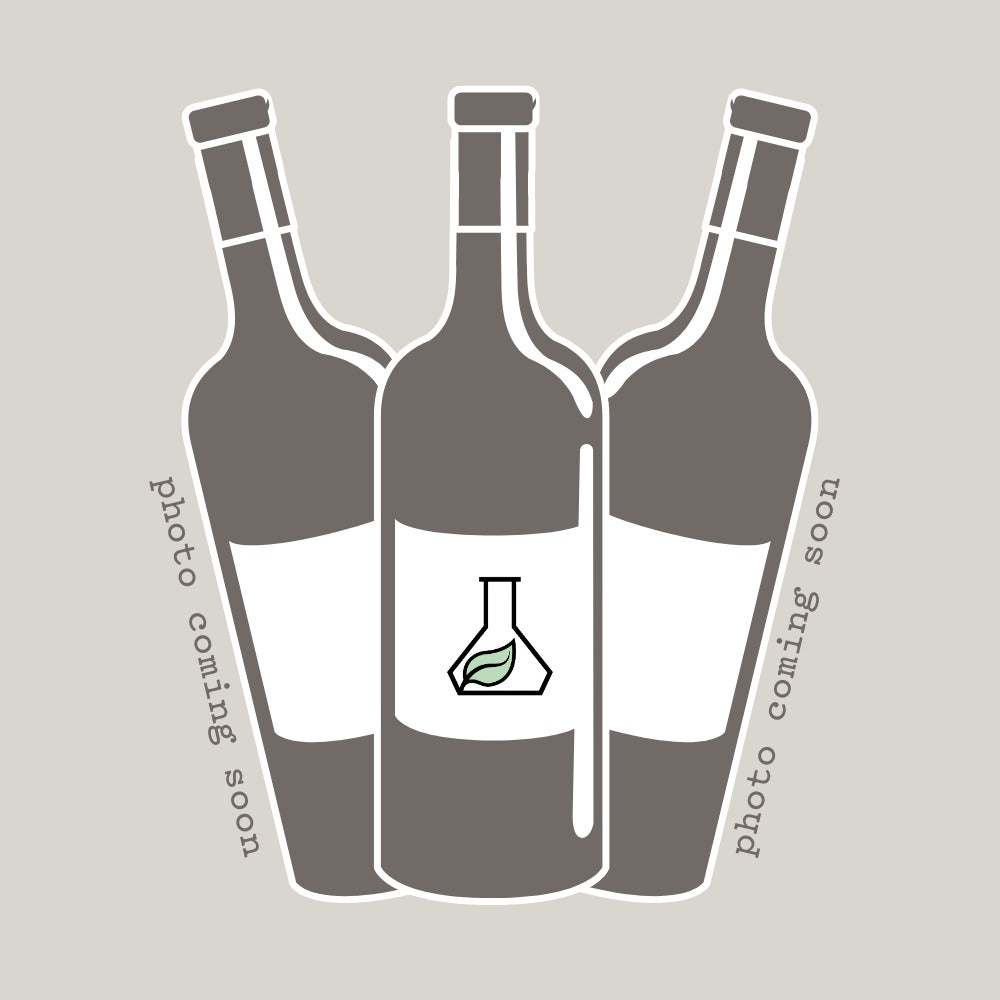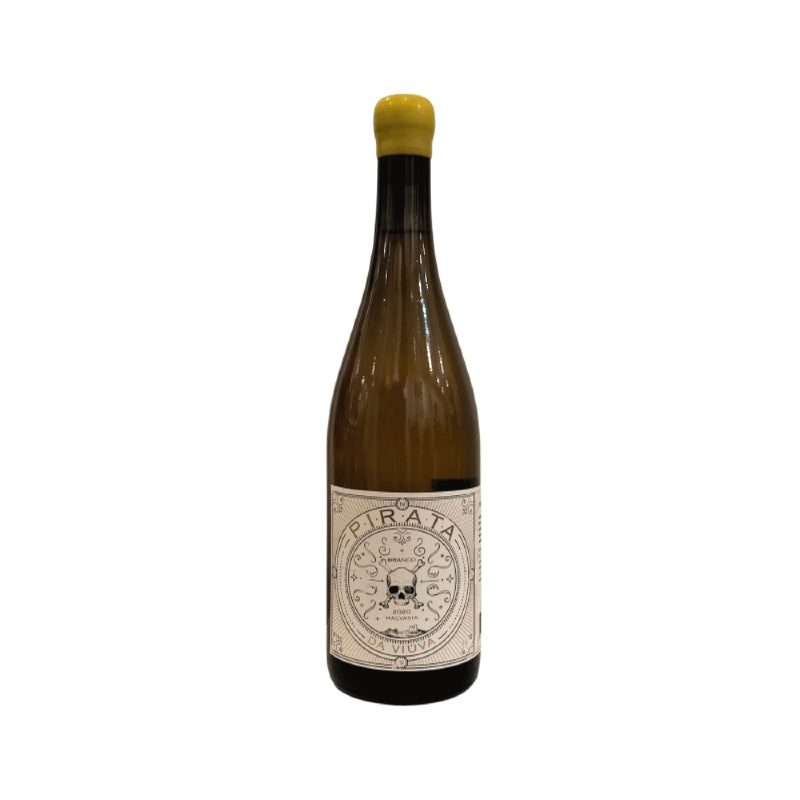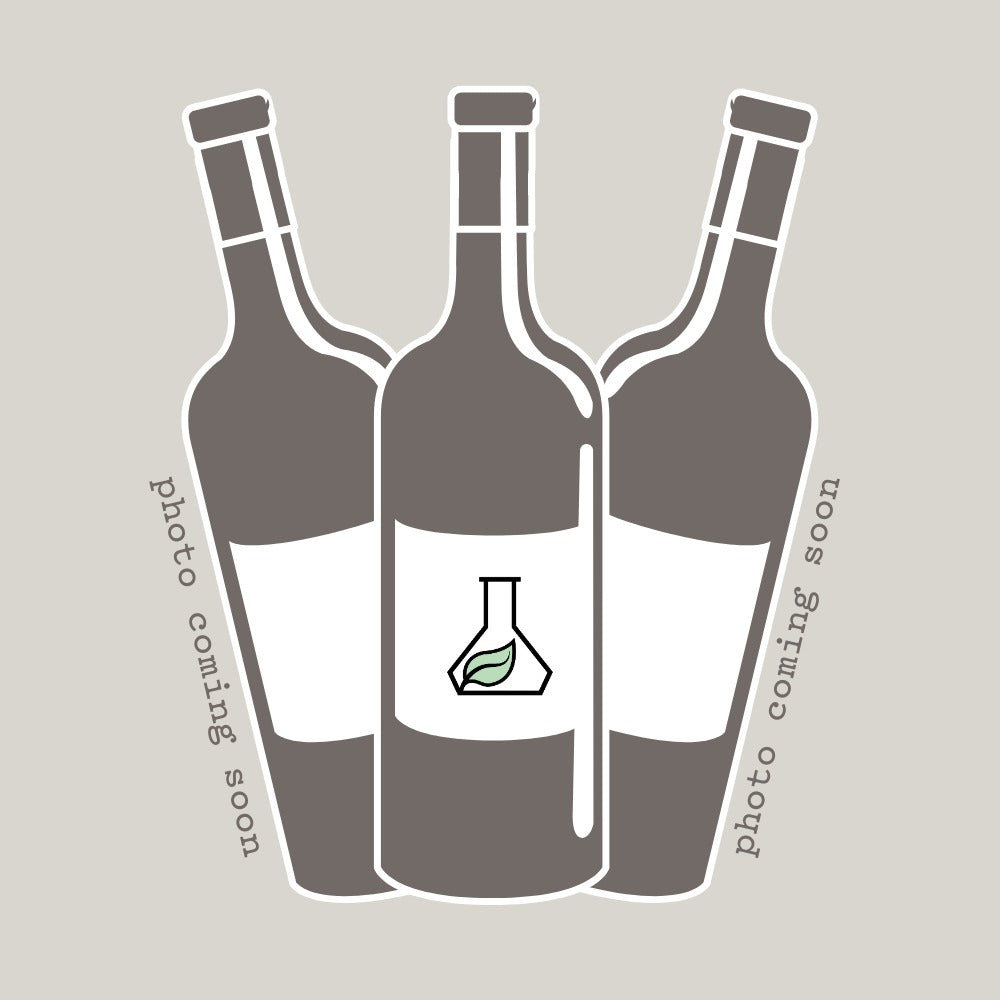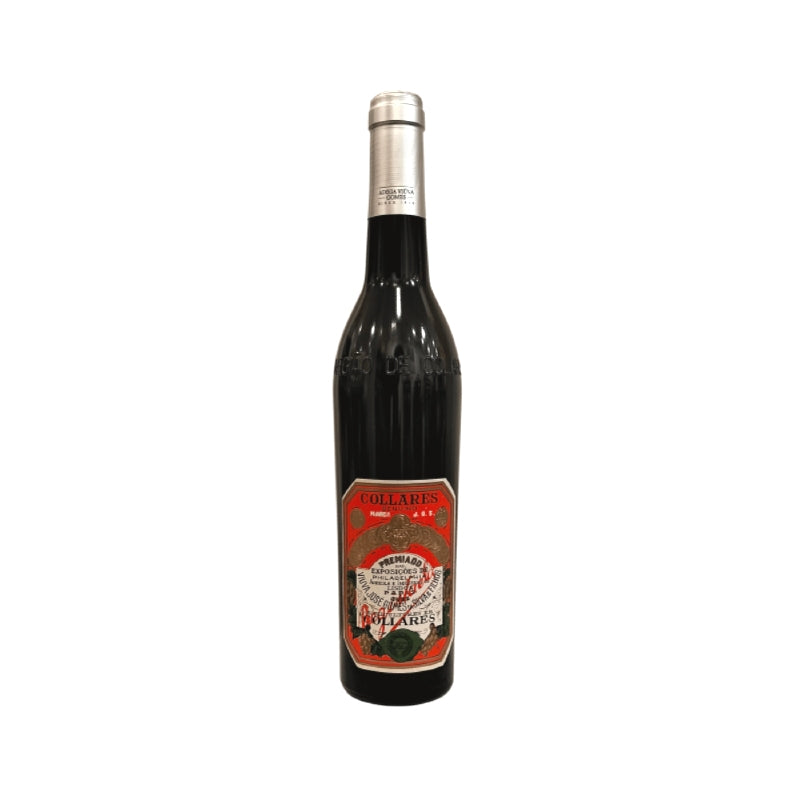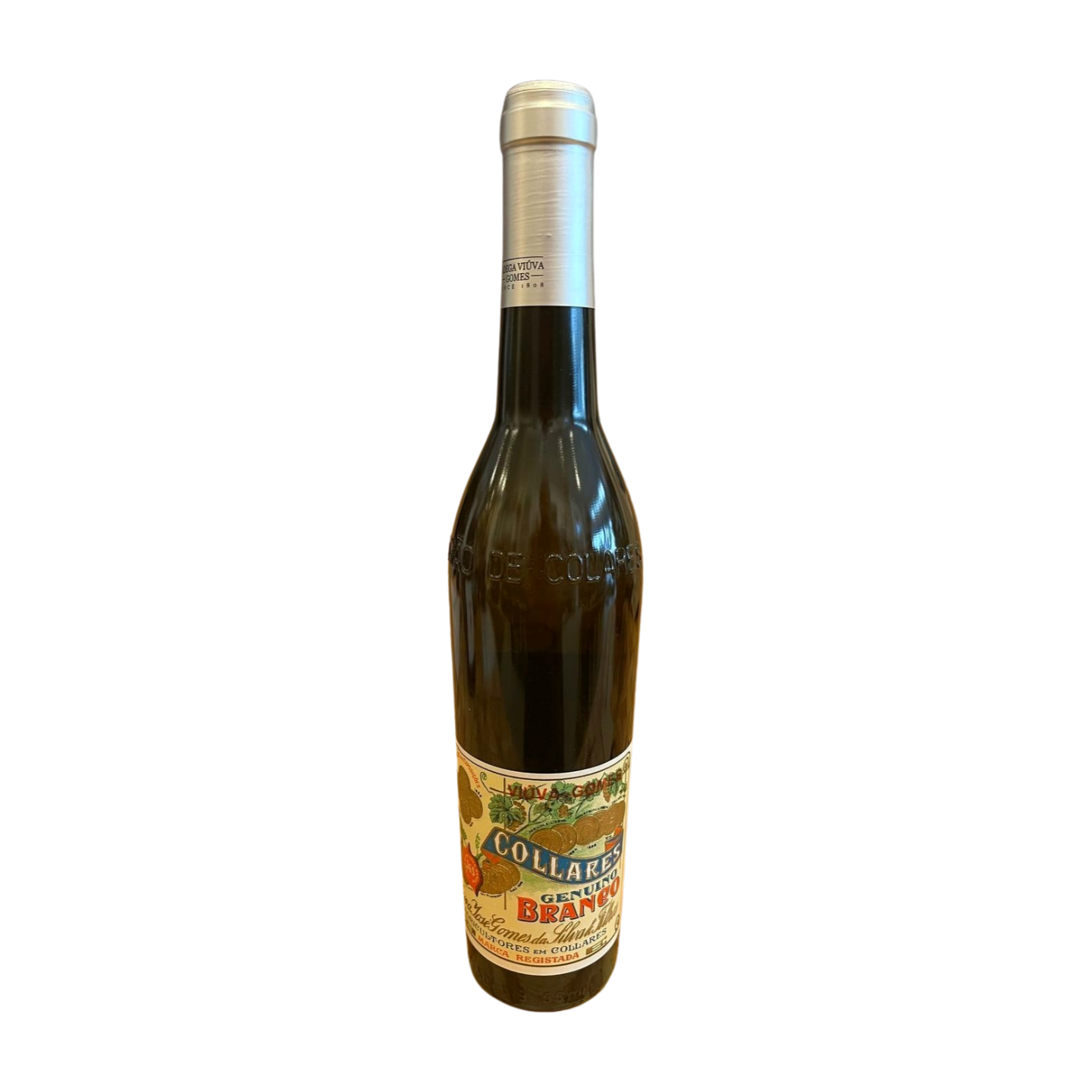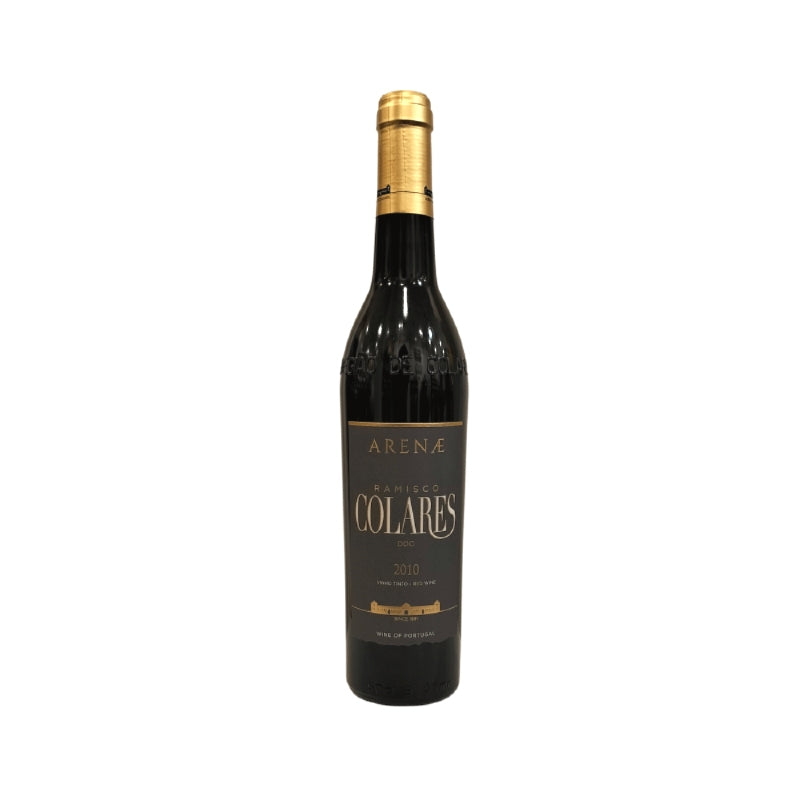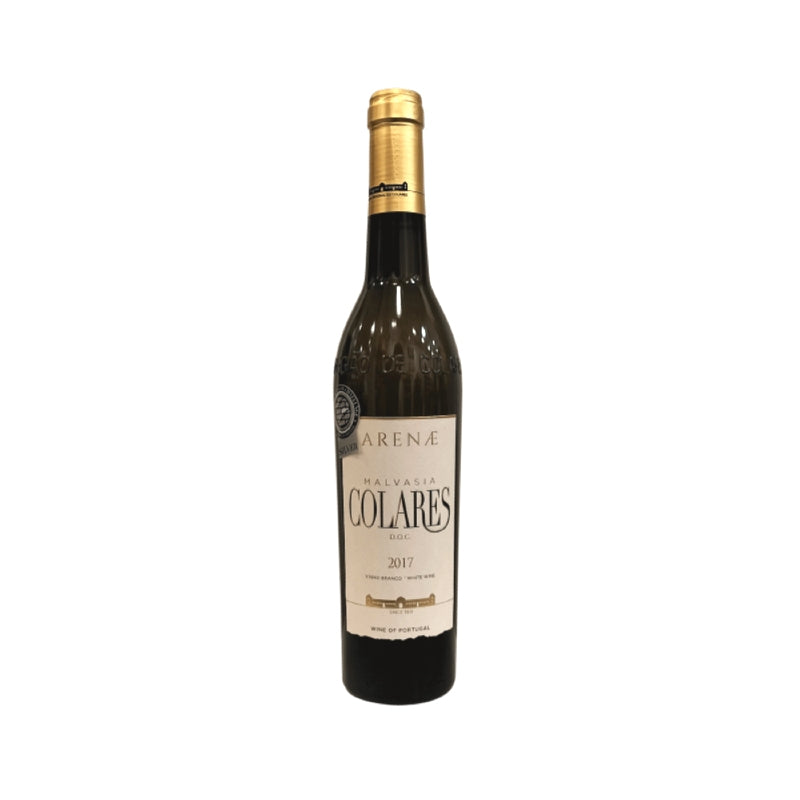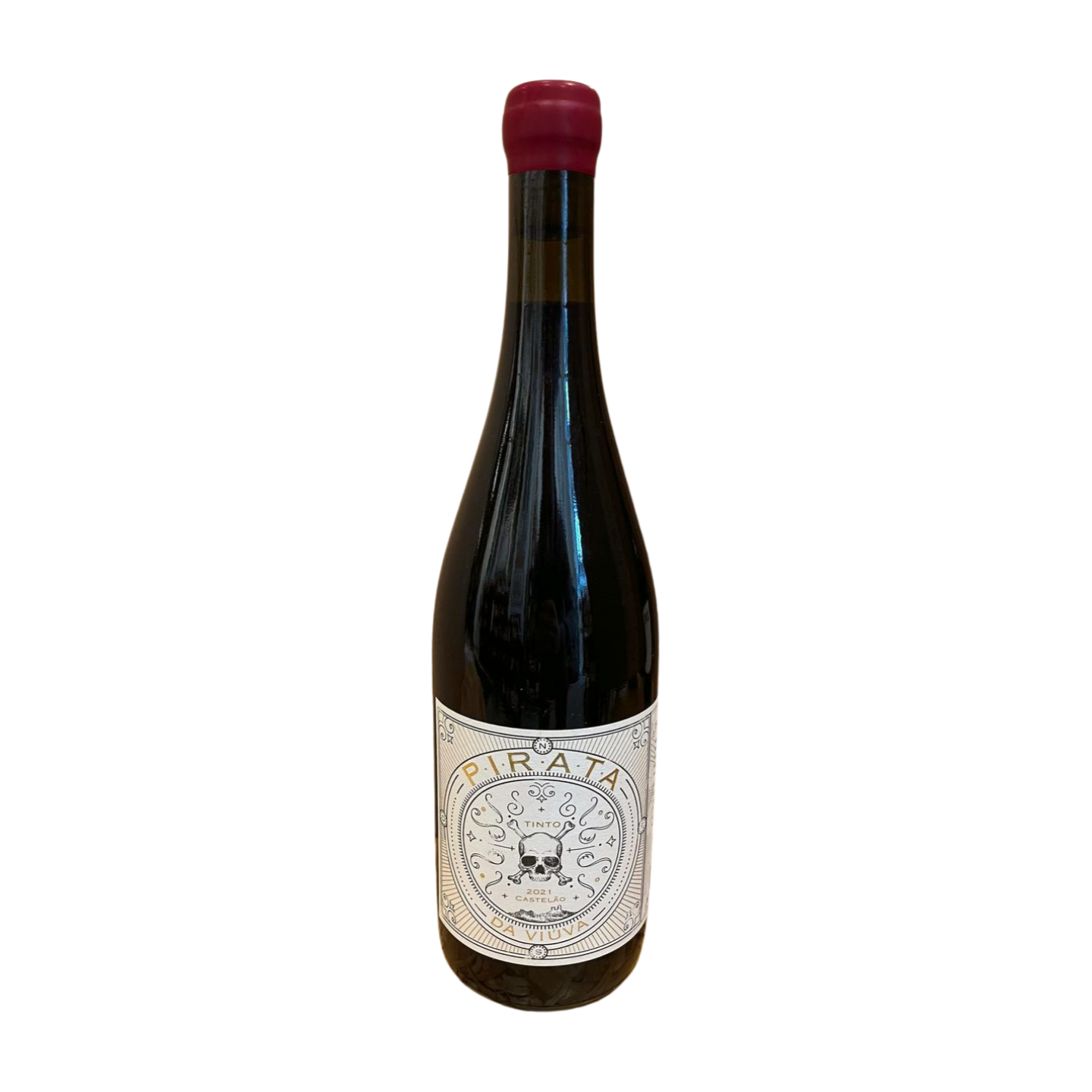Colares
The Colares region of Portugal is steeped in a rich viticultural heritage that has withstood the test of time. Located along the Atlantic coast and known for its unique sandy soils, Colares has the rare distinction of housing ungrafted vines, a living testament to the area's resilience against the phylloxera epidemic that ravaged European vineyards in the 19th century. This sandy terrain, while challenging for most agriculture, has proven to be a boon for viniculture, allowing the cultivation of the region's signature Ramisco and Malvasia grapes.
The wines produced here are distinctive, with the reds known for their robust tannins and the whites for their aromatic complexity. The history of Colares is as rich and complex as the wines it produces. The region's viticultural roots can be traced back to the Roman occupation, evidenced by Latin inscriptions found near the Maçãs River.
Over the centuries, Colares has seen its fair share of conquerors, from the Moors to the forces of Afonso Henriques, the first King of Portugal. The region's strategic location and fertile lands have made it a coveted prize throughout history, shaping its cultural and agricultural landscape.
In the early 20th century, Colares was officially recognized as a demarcated region, a testament to the distinctiveness of its wines and the dedication of its winemakers. The wineries here, such as the Adega Regional de Colares, have been instrumental in preserving the traditional methods of wine production, fostering a sense of community among the local winegrowers. These wineries not only produce wine but also serve as custodians of the region's history, offering technical assistance and support to ensure the continuation of Colares' winemaking legacy.
Despite the challenges posed by urban sprawl and changing agricultural practices, Colares has experienced a revival in recent years. A new generation of winemakers has emerged, embracing the region's unique terroir and ancient grape varieties. They are innovating within the framework of tradition, producing wines that capture the essence of Colares' maritime climate and sandy soils.
This resurgence is a beacon of hope for the future of Colares, promising to bring its exceptional wines to new audiences and ensuring that its vinicultural heritage continues to thrive. In conclusion, the viniculture of Colares is a vibrant tapestry woven with threads of history, tradition, and innovation. The wines from this region are not just beverages; they are stories in a bottle, each sip a reminder of the enduring spirit of a land that has cultivated vines since antiquity. As Colares looks to the future, it does so with a deep respect for its past, ready to adapt and flourish while remaining true to the soul of its viniculture.
Filters
Portuguese wine
Frequently asked questions
The entire country of Portugal is divided into 14 different wine regions, including in the Azores and Madeira islands. Some of Portugal's most famous winemaking regions include the Douro Valley (known for Port) and Vinho Verde (known for its light, refreshing white wines).
Portugal is becoming more well known for its orange wines, talha wines (traditionally made in clay pots), and palhete (made by blending red and white grapes together).
Portugal is best known for its fortified wine, called Port wine. It is produced in the Douro Valley, which is a UNESCO World Heritage Site and recognized as the world's first demarcated wine region, established in 1756.
Vinho Verde in northern Portugal is another popular winemaking region characterized by rolling hills and lush landscapes. It's known around the world for low-alcohol, refreshing white wines, although the region traditionally focused more on red wines made with the fruit-forward vinhão grape.
The Portuguese island of Madeira, with its subtropical climate, is renowned for its fortified wines. Winemaking here dates back to the 15th century, when Portuguese
explorers brought grape varieties from around the world.
Our sustainable, natural wine shop is located in the Marquês neighborhood in Porto, Portugal. We also ship to countries around the world, including within Europe, the United States, Canada, Australia, China, and more. Review our Shipping Policy to learn more.
In recent years, there has been a notable shift toward sustainable viticulture and the production of natural wine in Portugal. Many winemakers are implementing organic farming practices and embracing biodiversity to maintain soil health and reduce chemical inputs. This commitment to sustainability is not only beneficial for the environment but also enhances the quality of the wines, allowing the unique characteristics of the terroir to shine through. For example, some winemakers are now utilizing ancient terracotta amphorae for fermentation (called talha in Portuguese). This method preserves regional cultural heritage, enhances the wine's character, and aligns with sustainable practices by reducing reliance on modern materials.

